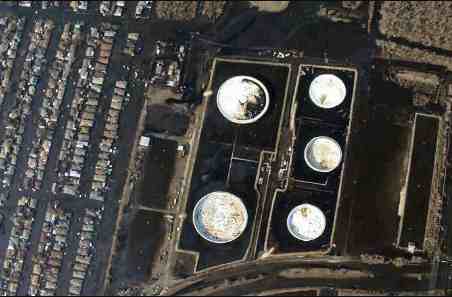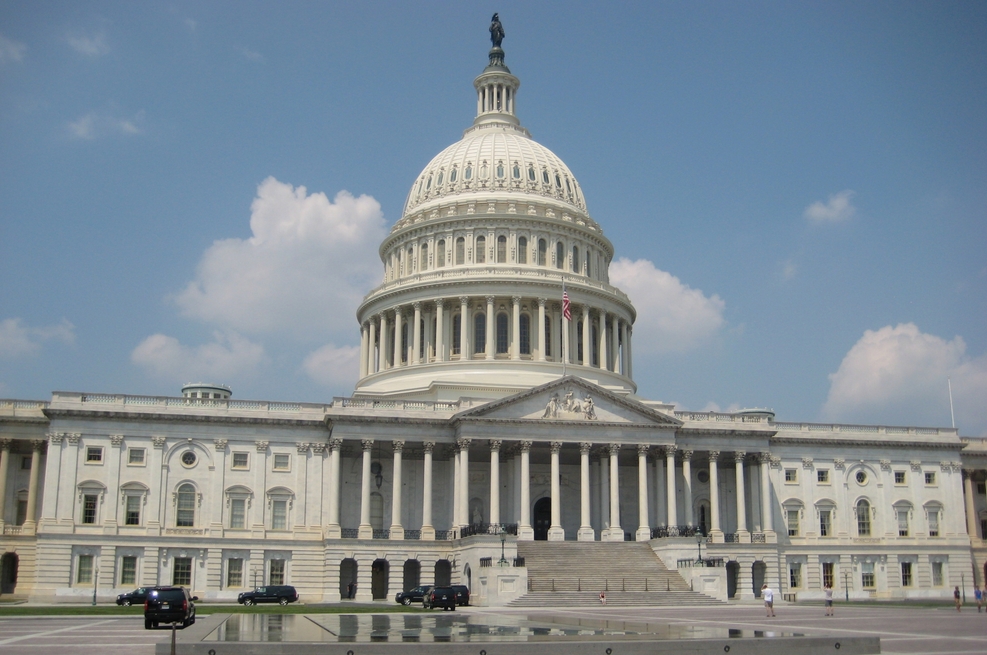Today, the senate approved the bill funding roads and other transit projects for the next two years.
In a 74-22 vote, the bill passed, and now goes on to the House for consideration. Both sides of the Senate aisle declared the passing a victory. It may have difficulty passing the House however, Speaker of the House John Boehner favors the House bill that funds roads and transit for five years at $260 Billion and would pay for projects with revenue from new gas and oil drilling.
Current highway funding authorization runs out in two and a half weeks on March 31st. The ball is in Boenher’s court, he can either push the House’s version or take up the Senate Bill. The major difference in the bill passed by the House is the provision paying for the Highway bill with money generated from new oil and gas production. The Senate bill provides the funds through the Federal gas tax and closes loopholes in the program.
Not included in the bill was an amendment that proposed opening Alaska’s Arctic National Wildlife Refuge development for gas and oil. Alaska’s Senator Begich voted in favor of the failed amendment.
Begich issued the following statement after thhe failure of the amendment, in it he said, “As a supporter of opening ANWR, I voted for this amendment because we must take real steps to increase domestic energy production. I am disappointed others in the Senate junked it up with a bunch of other provisions, as this is no way to address gas prices and our long-term energy needs.
“If we want to get serious about an energy plan that includes ANWR and other Alaska oil and gas resources, let’s get to it. But an amendment to an important transportation bill that is put forward simply to divide the body is not a good way to conduct public policy.”
Senator Murkowski voted for the bill as well and pointed out that Alaska stands to benefit from the passing. $500 million funding per year for highway programs, streamlined review processes, and continued financing were a few of the items mentioned. She also points out that there is $54 million for Indian Reservation roads, $9 million for ferry boat construction and the bill allows for funding for the Denali Commission.
Murkowski stated she was not entirely satisfied with results of Alaska Native involvment in highway funding and said, “While I appreciate the committee’s willingness to address and correct the funding inequity for tribal transportation in Alaska, I am disappointed that so many of my colleagues were determined to remove tribal participation in this program. But we could not let the perfect be the enemy of the good in delivering such critical needs to rural Alaska.”





